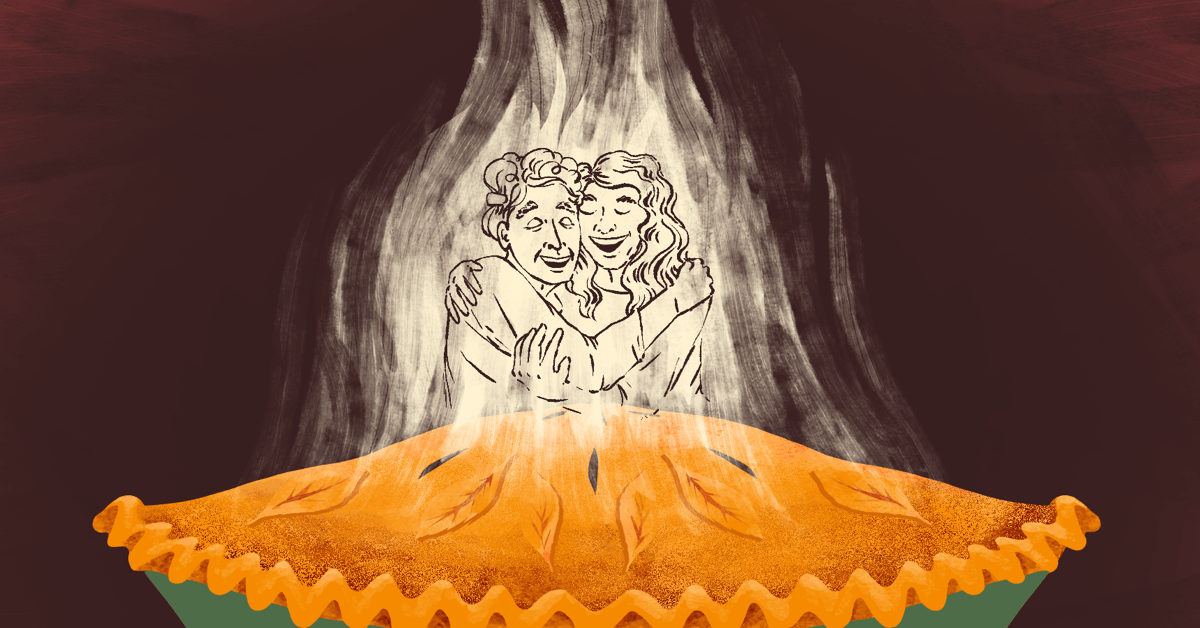Wake Up and Smell the Memories: Using Scent to Remember
Have you ever been walking along and a smell comes wafting by that instantly takes you to another place and time? I’m pretty sure that has happened to everyone. The smell of crayons or playdough conjures up memories of childhood. The smell of honeysuckles takes me right back to being about 11 years old running the trails through our woods. The smell of allspice or nutmeg takes me to my grandparents’ house where I stacked old, empty spice tins. Coffee takes me to a little white church in Masseyville, Tennessee. Oranges put me in Granddaddy’s arms.
Is scent tied to memory?
I’ve often heard that scent is the sense most tied to memory. It never seemed like a debate in my own mind. I know how quickly a smell can take me back. However, I set out to find out what science says about the claim. Admittedly, I wasn’t familiar with any substantive biological or cognitive connections between scent and memory prior to taking a dive into some research. Here’s what I found:
Neurobiologists at the University of Toronto have worked on the “how” of how this phenomenon happens and have proven the connection of scent to our own personal space-time continuums, so-to-speak. “We've discovered how you are able to remember the smell of your grandma's apple pie when walking into her kitchen.” Professors at the university call these associations “what-when-where memories.” They are produced due to the convergence of information about space and time in the part of the brain that is essential for the sense of smell.1
The part of the brain where space, time, and smell collide is known as the anterior olfactory nucleus or AON. While studying the AON, researchers discovered a pathway between that area and the hippocampus. The hippocampus is responsible for memory and is a part of the brain that is often affected in people with Alzheimer’s disease. Amazingly, researchers found that they could recreate the scent memory problems found in those with Alzheimer’s disease if they threw a monkey wrench in the pathway, disconnecting the flow of information between the AON and hippocampus.1
Is the inability to smell an early symptom of Alzheimer's?
I recall hearing some tale of the old wives’ variety years ago about the loss of scent and the onset of Alzheimer’s disease. At least, I thought it was likely an old wives’ tale or an urban myth of sorts at the time. Someone told me that if you couldn’t identify the smell of peanut butter while blindfolded, you may have early symptoms of Alzheimer’s disease or memory loss.
The study at the University of Toronto seems to somewhat corroborate this method. They echoed that “deficits in the ability to recognize odours precede the cognitive decline” in people with Alzheimer’s. This is in no way some all-encompassing “home test” for Alzheimer’s disease, but the peanut butter method did have some validity to it. The loss of scent memory could definitely be a hint or an indicator of what’s to come.1
Hopefully, the association of the failure of scent memory with the onset of Alzheimer’s disease will provide an important piece of the puzzle for a cure. Fix the scent recall failure, fix other symptoms? Maybe. Either way, maybe it will continue to be an important indicator or mile marker for the progression of the disease and a small section of the neurological road map that is yet incomplete. Any progress toward a cure is progress, and this little monkey wrench may hold the key to unlocking future diagnoses, therapies, or preventative measures.
In the meantime, soak up the cinnamon smell of Grandma’s apple pie, the fresh-turned earth of a garden, the grass of a little league baseball field, and the greasy motor oil and exhaust combination of your Dad’s shop. Breathe deeply and make memories.

Join the conversation